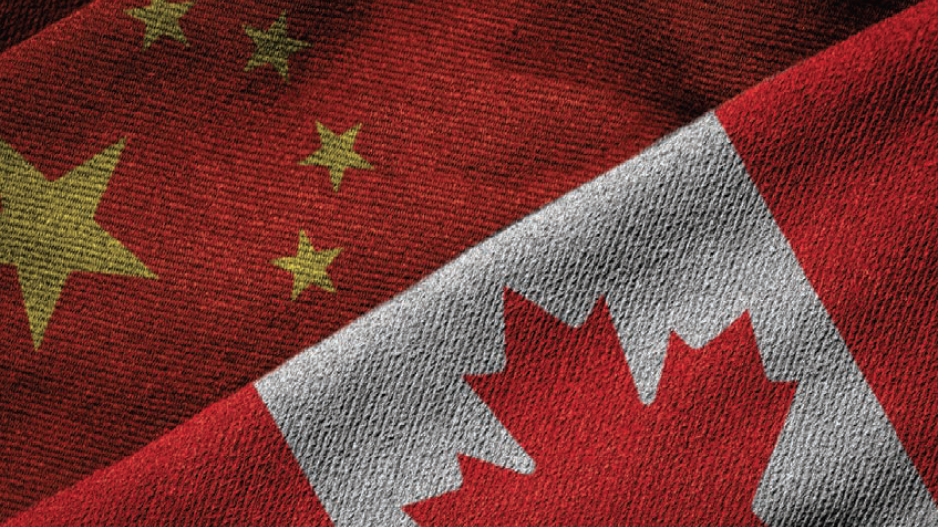The main plaintiff in a high-profile fraud case involving B.C. businessman Paul Oei is facing the prospect of not being allowed to stay in Canada for the trial.
Last August, the BC Securities Commission (BCSC) issued permanent market prohibitions against Oei and his three companies – Canadian Manu Immigration & Financial Services Inc., 0863220 B.C. Ltd. and 0905701 B.C. Ltd. A BCSC panel said it found instances of fraud, with Oei implicated in 63 investments totalling an aggregate amount of $5 million.
Chinese businessman Jiang Yicheng, the head representative of the Chinese investors defrauded in the Oei case, launched a lawsuit against Oei independent of the BCSC proceedings, which is slated to go to trial in BC Supreme Court starting in June.
A Saskatoon-based lawyer for Jiang, who testified in front of a BCSC panel in 2017 in the Oei case, said the Chinese national was almost rejected from entering Canada when he tried to return to Saskatchewan from the United States in late November. Jiang, a Chinese national, is without permanent resident status in Canada and the United States and has been travelling between the two countries on visitor visas to stay in North America for the legal proceedings.
Jiang officially submitted his application for asylum status with the Immigration and Refugee Board of Canada at a January 11 preliminary hearing in Saskatoon, on grounds that he is being persecuted for political reasons in China. Jiang - who will appear in front of the board again on Jan. 18 - still faces having to leave Canada if the asylum claim is unsuccessful.
“He [Jiang] was given an exclusion order because the immigration office thought he was living in Canada permanently without having a permanent resident visa,” immigration lawyer Chris Veeman of his client, adding that the situation is “up in the air” despite an order from federal court judge Elizabeth Walker quashing the exclusion order, which would have prevented Jiang from entering Canada for a one-year duration.
Reached in Estevan, Saskatchewan, Jiang said he has not violated the terms of his visitor visa.
“I asked them to check my records,” Jiang said. “I’ve never overstayed my limit. And I have an unfinished court case in Canada, so that’s why I’m here. But I’ve always left Canada, months before each visa’s time is up.”
Jiang said he fears returning to China, since, he said, the legal system there has ruled that he held onto investors’ funds and is guilty of fraud himself, despite the BCSC’s findings against Oei. Jiang also says he fears persecution because he is a practitioner of Falun Gong, the controversial spiritual practice that has been outlawed in China since the late 1990s.
To be approved for asylum or refugee status, it is up to the applicant to prove that he or she fears persecution based on race, religion, political opinion, nationality or membership in a particular group, said Vancouver-based immigration lawyer and policy analyst Richard Kurland. The rules also prohibit any “serious criminal” from being granted refugee status, Kurland added.




